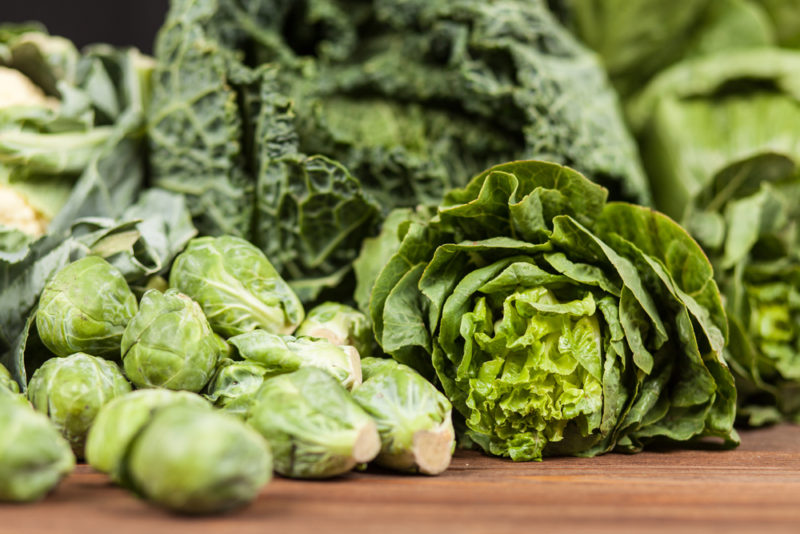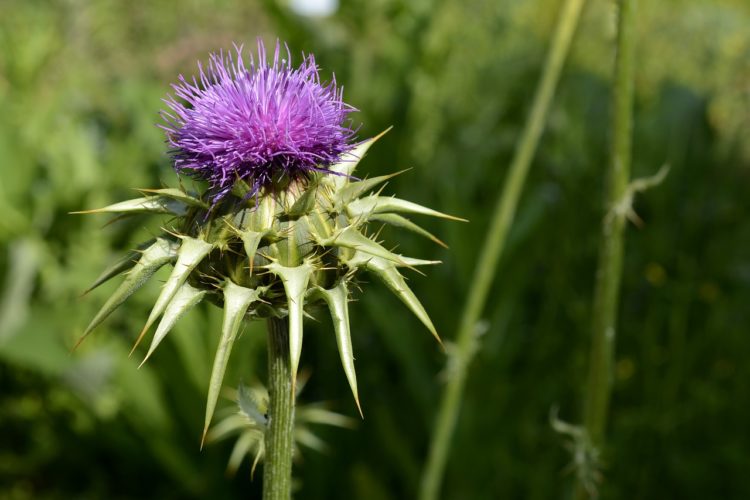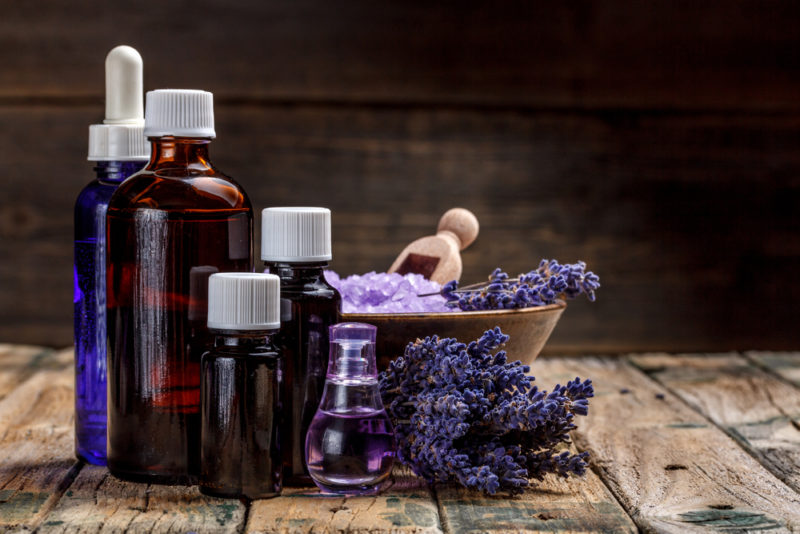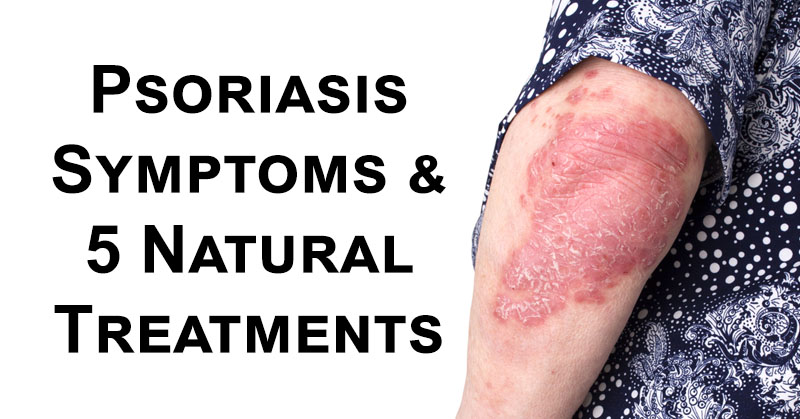Chances are you’ve seen someone with psoriasis. Unfortunately, this chronic immune system disease is hard to miss, even though psoriasis symptoms can range from mild to severe. And while the psoriasis rash appears on the surface of the skin, the disease actually starts beneath the skin. You see, the skin cells grow at an abnormally fast rate due to an overactive immune system, which causes inflammation and the build-up of lesions. (1)
So what triggers psoriasis? Well, psoriasis may occur if someone in your family has the disease, but it also may be triggered by environmental factors. Causes of psoriasis include stress, injury to the skin, an infection, or certain medications. Fortunately, natural treatments for psoriasis can help treat the underlying cause of the disease and reduce flare-ups.
Since psoriasis does not present the same for everyone, let’s take a look at the different types first.
Psoriasis Types (2)
- Plaque psoriasis – causes red, scaly skin patches
- Nail or scalp psoriasis – affects the nail beds and the head, causes dryness and detached nails
- Mild psoriasis – causes less severe psoriasis symptoms than other forms, may be mistaken for eczema or dandruff
- Severe psoriasis – painful forms of psoriasis including postular and guttate psoriasis
- Postular psoriasis – causes puss-filled, inflamed blisters on the skin that may be painful
- Inverse psoriasis – bright red, shiny lesions, appear in areas where the skin folds
- Erythrodermic psoriasis – causes red skin scales to peel off in sheets
- Guttate psoriasis – the most common type of psoriasis among children and teens, causes small red bumps or patches that can be triggered by immune function, stress or infections

Psoriasis Symptoms
- Plaques of red skin can also be covered with a crust of silver or white scales
- Loose skin or lesions that may be sensitive, painful and itchy
- Dandruff on the scalp
- Cracked, discolored skin that bleeds and bruises easily
- Discoloration in the fingernails and toenails
- Toenail fungus
- Nails that detach from the nail beds
Psoriasis Natural Treatments
Psoriasis symptoms come and go in cycles. Therefore, people who suffer from the disease are often prescribed creams and medications to help improve the appearance of the red patches on the skin over time. Instead, try psoriasis natural treatments, which help treat the underlying problem, not just the symptoms.
1. Eat an Anti-inflammatory Diet

First and foremost, psoriasis natural treatments include eating an anti-inflammatory diet. (3) Foods that help ease psoriasis symptoms and lower autoimmune reactions include these kinds:
- Probiotics – Probiotic foods help support a healthy digestive system, boost immunity and reduce inflammation. Try kefir, sauerkraut, kimchi and tempeh.
- Fiber-Rich Foods – Fiber helps move harmful chemicals out of the body. Try peas, beans, broccoli and Brussels sprouts.
- Foods High In Zinc – Zinc plays an important role in keeping the skin healthy. Try spinach, kidney beans, flax seeds and pumpkin seeds.
2. Use Herbs and Supplements

Sometimes, even the best foods do not give us the nutrients we need to heal. As a result, you need to include herbs and supplements to find relief. For example, several different herbs and supplements can be used for psoriasis home treatment:
- Milk thistle – 250 milligrams three times per day can help reduce cellular growth and aid the liver in the detoxification process
- Probiotics – 50 billion units a day can help lower autoimmune reactions and improve digestion
- Hydrochhloric acid – Taking 1-3 capsules per meal can help improve protein digestion and decrease flare-up’s
- Vitamin D3 – 5,000 IU each day can help boost the immune system and reduce symptoms
3. Spend Time Outside

As you just read, Vitamin D plays a strong role in your immune system. In fact, studies have shown that Vitamin D improves psoriasis by slowing down skin cell production. (4) Spending time outdoors, letting that sun bathe your skin, boosts Vitamin D levels, and a higher Vitamin D level has a positive effect on the immune system. Vitamin D can also help lower autoimmune reactions and inflammation to reduce psoriasis symptoms.
4. Lower Your Stress Levels

One of best psoriasis natural treatments is lowering stress levels. Both physical and emotional stress can cause flare-ups and make symptoms worse. For one thing, stress causes the body to release higher levels of inflammatory proteins. (5) Lowering stress levels can help keep psoriasis symptoms under control.
5. Moisturize and Use Essential Oils

Keeping the skin moisturized is an important part of psoriasis home treatment. When the skin is dry and inflamed, symptoms worsen. Use coconut oil, raw shea butter, or a homemade body butter lotion to keep the skin hydrated. (6) Essential oils can also help soothe inflamed skin. Mix 3 drops of lavender oil and 3 drops of frankincense oil with 1 teaspoon of coconut oil, then rub the mixture onto the affected area up to 3 times a day.


